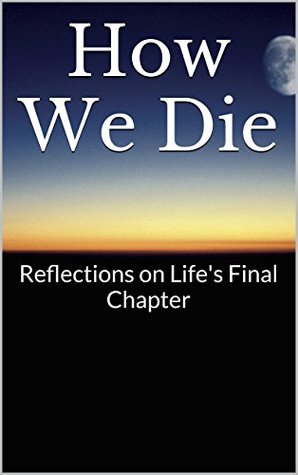More on this book
Community
Kindle Notes & Highlights
Read between
May 4 - May 19, 2020
We rarely go gentle into that good night.
Without our knowledge or conscious participation, the silent cells and molecules of immunity are ever adapting to the changing circumstances of daily life and its unseen terrors.
It takes a great deal of energy to keep the brain’s engine functioning efficiently.
The fact that there is a limited right time to do the rewarding things in our lives is what creates the urgency to do them.
When a thing is beautiful and good, it should be seen so clearly, and held so snugly, that no one will ever forget how it looks and how it feels.
They deal with the expectation of a good that is yet to be, a perception of a future condition in which a desired goal will be achieved.
Mine is not the first voice to suggest that as patients, as families, and even as doctors, we need to find hope in other ways, more realistic ways, than in the pursuit of elusive and danger-filled cures.
The greatest dignity to be found in death is the dignity of the life that preceded it. This is a form of hope we can all achieve, and it is the most abiding of all. Hope resides in the meaning of what our lives have been.
As inevitable as death is and as likely to be preceded by a difficult period, especially for people with cancer, there are additional pieces of baggage we shall all take to the grave, but from which we may somewhat disencumber ourselves if we anticipate them. By these, I mean conflicts unresolved, breached relationships not healed, potential unfulfilled, promises not kept, and years that will never be lived. For virtually every one of us, there will be unfinished business. Only the very old escape it, and even then not always.


